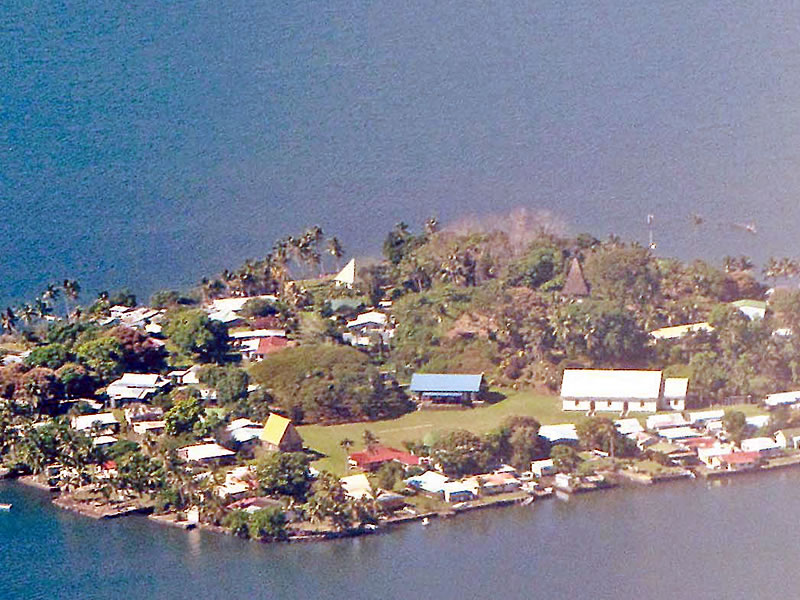THE following report was published in The Fiji Times in 1912. The paper written by Deve Toganivalu in iTaukei and translated in English for the sake of The Fiji Times readers.
Mr Toganivalu provided an insight in the ancient customs practised by the people of Bau island. Playing games was forbidden within the village; the playground was on top of the hill at Bau, where the missionary’s compound was located.
Boys and girls went and played together there on moonlight nights. On dark nights they had dances constantly in the town.
The games played at Bau ere as follows: The veitiqa ulu lala played with reeds in the months of sprouting. The veitiqa ulutoa (this was played with reeds with hardwood heads) took place in the public square at Nauluvuaka, chiefs of rank played at it, and the ladies also present to tukitiqa.
The veitoqi with coconut shells was played like “playing marbles”. The tutuvakatoga. The veisikawa.
The vakatasosoko bakanawa. The spearing at roasted yams. This game was played in the months of digging, when they went and dug up the produce of a plantation, they played the veicoka uvi tavu, veivatuqou,
veibici, veitara, veividi gasau, veibilo, veisa, veimoli, sosovi, veitini, veitavi moli, veisole, veisaqa and the tukitukisenimulomulo.
Another game for girls and boys was to go swimming with one or two large sticks and to swim right round the town, singing as they swam.
The name of this custom was the vakavotuvanua. The song was as follows: Vakavotu vanua sivi koNanuca Miau se cake ko Narocake Ve va I o tu – e- Miau se sobu sivi ko Namuto Miau se cake sivi ko Narocake
Ve va io tu –e- Ratu and Adi These words of respect addressed to chiefs and ladies are not Bau words; they are words from Cakaudrove in use at Bau at the present time.
The Bau word Raturaga was used to chiefs and Ramarama to ladies. If we mentioned the name of a chief we would say it thus: Raturaga Joni, or if a lady Ramarama Mere, “No one at Bau uses either of those words at the present time.
It was not the custom for one chief to address with obeisance another chief. Certain customs were unlawful (tabu) to be done at Bau.
(a) Having empty bows, if a canoe was being poled at Bau it was tabu for the bows to be empty; if there were no one in the bows it would be stowed out to sea.
(b) Being outrigger towards. It was tabu for the outrigger of canoes to be turned toward the land when being poled by the town.
(c) It was tabu for the uluvuso to be presented towards the land when a sailing canoe arrives at Bau.
(d) It was tabu for any canoe to have a fl ag, unless there was a chief on board.
(e) It was tabu to use the fan palm frond as an umbrella.
(f) It was tabu to wear a shoulder scarf. All these things were unlawful to be done at Bau; they were lawful to be done only by the high chiefs and by those who were great vasu to Bau.
Obeisance to the chiefs People of low degree or simply inhabitants of the land made obeisance to their chiefs. There were many customs of obeisance which will be explained below: The tama – The tama was
different in different lands.
At Bau the tama of the men was thus – Muduo–o. But the women, if there were many together and Radini Bau or Radi Levuka approached, they would tama thus : Mainavakadua…a.
But if any woman was going alone, and met with a lady, she would tama thus: vua. The meaning of the tama is the morning salutation; it is impossible for the commoners to say sa yadra to the chief, they tama instead.
But should they meet after sunset or when it is night, they say thus: sa bogi saka (It is night, sir). No man may tama twice to one chief in one day; if he did tama twice it would be the same as deriding that chief. Chiefs do not tama to chiefs. The women do not tama to the chiefs and men do not tama to the ladies.



